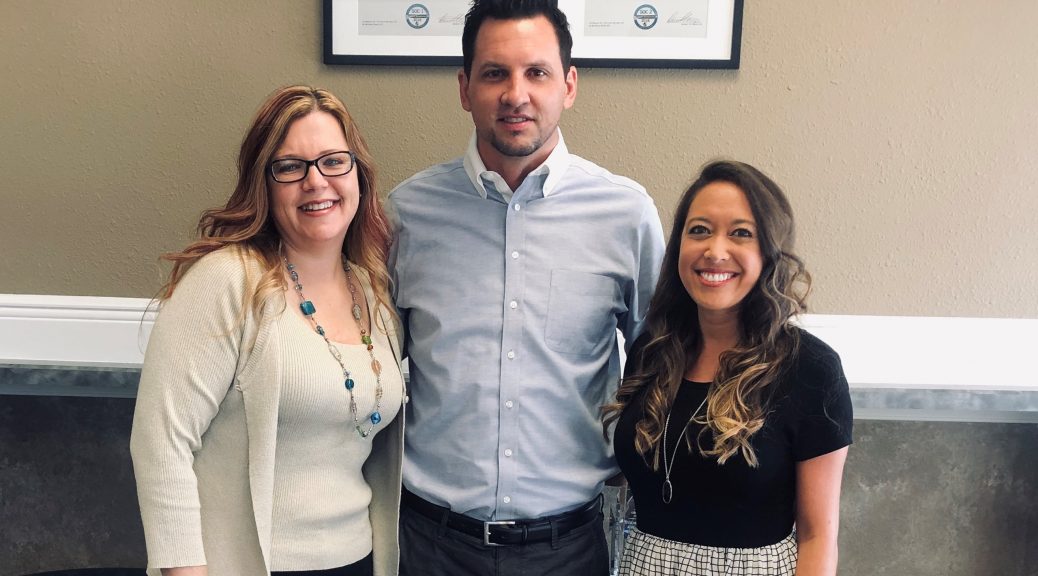Amy Gregory (CAO), Andrea Somers (Compliance Officer), and Jay Roberts (CTO), of Florida Agency Network were awarded the widely recognized CAMS® credential by the Association of Certified Anti-Money Laundering Specialists® (ACAMS®), the world’s leading organization of professionals in the anti- money laundering (AML) field.
 The CAMS (Certified Anti-Money Laundering Specialist) designation is awarded to professionals who successfully complete a rigorous examination demonstrating their aptitude and expertise in anti-money laundering detection and enforcement. The examination covers money laundering and terrorist financing methods, the best practices to stop these and other financial crimes, as well as key related legislation in place worldwide, global AML standards and developing defenses for financial institutions to stop terrorist financing and money laundering.
The CAMS (Certified Anti-Money Laundering Specialist) designation is awarded to professionals who successfully complete a rigorous examination demonstrating their aptitude and expertise in anti-money laundering detection and enforcement. The examination covers money laundering and terrorist financing methods, the best practices to stop these and other financial crimes, as well as key related legislation in place worldwide, global AML standards and developing defenses for financial institutions to stop terrorist financing and money laundering.
“Earning the CAMS credential places the successful candidate in an elite group of AML professionals and assures employers in the private and public sectors that they are working with someone with the essential knowledge and background in this crucial and challenging field,” said Timothy D. McClinton, President & Managing Director of ACAMS.
“With more FinCEN geographic targeting orders coming on a regular basis now, we thought it was incredibly important to stay ahead of the curve and be one of the first Title Agencies in the country to achieve this. This credential, along with our SOC 1 and 2, also helps us meet our company goal of providing clients with security to close with any of our brands,” stated Aaron Davis, CEO for Florida Agency Network.
“Achieving this credential is a major accomplishment for us. It further solidifies our company’s commitment to not only providing a safer environment for our customers but also helping to provide a more stable financial landscape in the industry,” said Andrea Somers, Compliance Officer for Florida Agency Network.

Founded in 2001, ACAMS is the largest international membership organization dedicated to enhancing the knowledge and expertise of AML/CTF and financial crime detection and prevention professionals. ACAMS’ mission is to provide a global platform for career development for leading professionals in the AML field. ACAMS gives members the insight, information and inspiration they need to protect their institutions against the threat of money laundering, terrorist financing and related financial crime, and the tools to advance their skills and keep the AML professional ahead of those that engage in these criminal activities. CAMS is the most widely recognized AML certification among compliance professionals worldwide.
For more information, please visit www.acams.org.








































